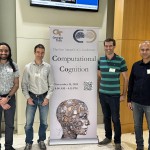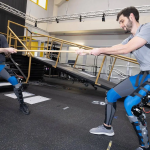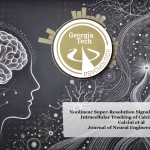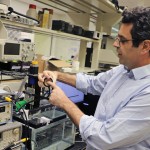In the Press
Pagination
News Listings
Hosted by the School of Psychology’s Center of Excellence in Computational Cognition, the event…
Researchers created a deep learning-driven controller that helps users in real-world tasks, even…
Highlighting their potential to make significant contributions to science and technology, four…
The School of Psychology, led by Chair Tansu Celikel, has launched Deep Dive into Brain and…
Two new assistant professors joined the School of Computational Science and Engineering (CSE)…
Ming-fai Fong, assistant professor at Georgia Tech and Emory, researches brain plasticity and its…
Researchers led by Costas Arvanitis at Georgia Tech have developed a method using microbubbles and…
We hope that initiative leads will act as the “faculty face” of IRIM and communicate IRIM’s vision…
School of Mathematics Adjunct Professor Santosh Vempala and Georgia Tech alumnus Ben Cousins (Ph.D…
Three CoS faculty members are named as recipients of C-PIES Inclusive Excellence Fellowship.










